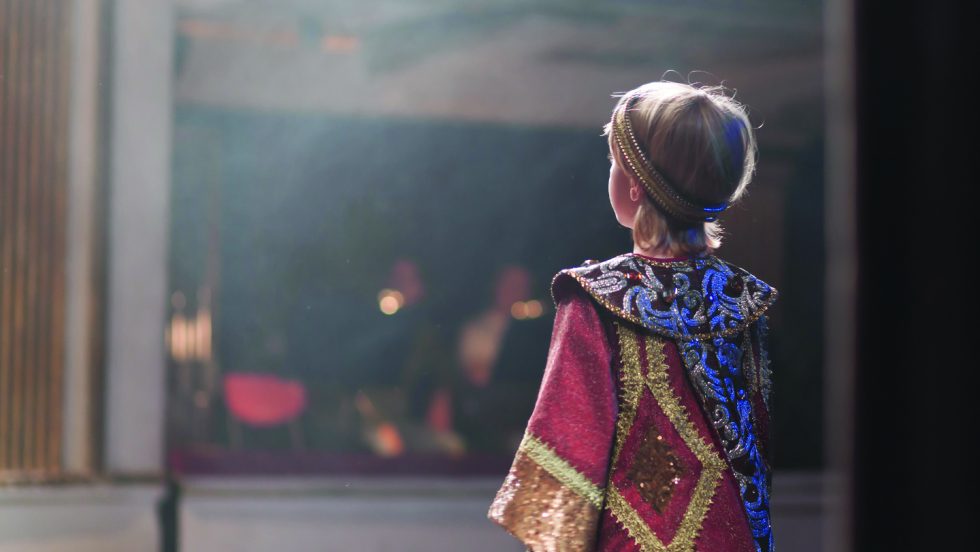
Imagine being able to send your sullen, obnoxious tween to live with another family. Their foster family not only puts up with them, they educate and train them. Your child is returned to you as a young adult, mature, skilled and ready to take on the family duties.
This practice was not uncommon in the Middle Ages in Europe, said Lahney Preston-Matto, PhD, professor in the Department of English. Such a decision was often made for political or economic reasons, she noted.
“Fostering is not the system that we think of today, where kids are put into foster care for their own safety,” she said. “Fosterage was used by parents to reinforce social status. Or a high-status person, such as a local king, might put his son with one of his people in order to keep his follower in line. The relationship between the king’s son and his foster father would become deep and emotional. The king’s follower wouldn’t want to do anything against the king because that might indirectly harm his foster son.”
Fosterage in the Middle Ages is one of many topics explored in Kids Those Days: Children in Medieval Culture (Brill, 2021), a series of essays edited by Dr. Preston-Matto and Mary Valante, PhD, from Appalachian State University.
The theme of the collection is children’s agency—their ability to exert power over their own lives. The essays are written by scholars from a range of countries and disciplines, including art, archaeology, history and literature.
“Generally, when you get scholars talking about childhood in the Middle Ages, it’s from an adult perspective,” Dr. Preston-Matto said. “It’s about what adults are doing to, for and with children. As far as possible, we wanted to turn that around and think about children themselves. Can we see them making decisions using their voices? Where does that show up?”
The conclusion: “Adults are always in it for themselves,” she said. “But they also want to make sure that their children and future generations have the potential to benefit from what they are doing.”
No Kidding Around
Kids Those Days is separated into three sections: children in medieval religion, children in medieval law and justice, and vulnerable children.
In the religion section, Gavin Fort explores the Boy Bishop ceremony in England in a chapter titled “Boy Becoming Man: Liturgical Inversion in the Boy Bishop Ceremony in Medieval England.”
“The church gets topsy-turvy and they appoint some of the boys in the church as bishop for the day,” Dr. Preston-Matto said. “The tables are turned for the day, so that they can push boundaries. The boys who are made bishops get to exercise agency in that way.”
Other essays explore children and miracles, where children decide to ask for what they need—from local saints. In “Minors and the Miraculous: The Cure-Seeking Experiences of Children in Twelfth-Century English Hagiography,” Ruth J. Salter looks at records of children who went on pilgrimage to seek cures for their own ailments.
The section on law and justice includes Dr. Preston-Matto’s chapter, “I Would Like to Make It Up to You by Fostering Your Son: Fosterage and Fixing Relations in Medieval Iceland.” It is one of several that explores children’s roles in medieval families.
The final section examines the vulnerability of children’s lives and deaths, their transition to adulthood and their use as workers.
Dr. Preston-Matto is the editor of Eolas: The Journal of the American Society of Irish Medieval Studies. She continues to research agency more broadly for women and children in the legal relationships that they find themselves in, such as hostages, fosterage and marriage—not always by choice.
“I’ve also been thinking about whiteness and medievalism,” she said. “The way that the medieval shows up today and the way that white supremacists use it. That’s where a lot of my research has been more recently; currently, it’s restricted to my pedagogy, but I’ll be writing about it in the near future as well.”